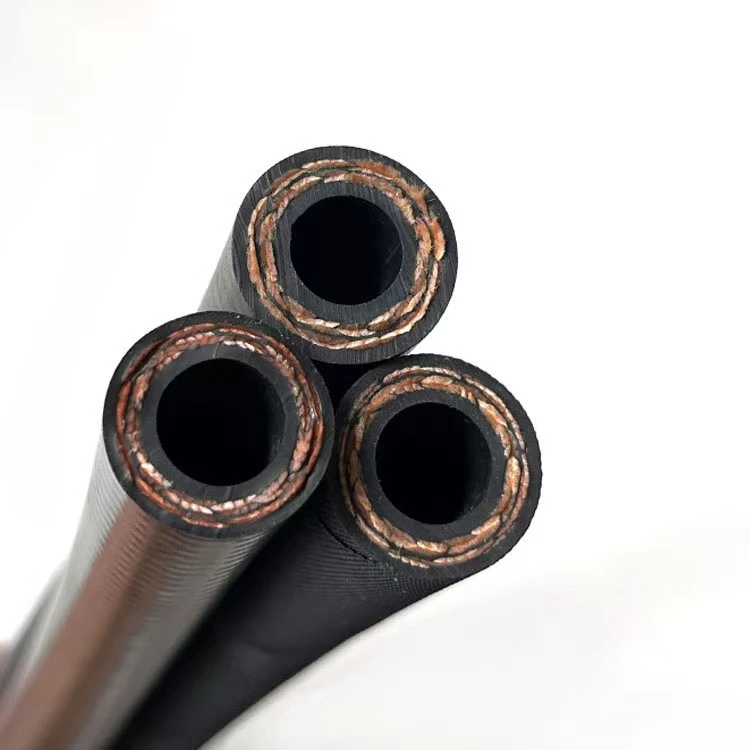oil cooler pipe
Nov . 13, 2024 01:01 Back to list
oil cooler pipe
Understanding Oil Cooler Pipes Importance and Functionality
In the world of automotive engineering, the role of an oil cooler pipe is often overlooked, yet it is a crucial component in maintaining the health and efficiency of an engine. It plays a vital part in the cooling system, especially in high-performance or heavy-duty vehicles where the engine is put under considerable stress. This article delves into the importance, function, and maintenance of oil cooler pipes.
What is an Oil Cooler Pipe?
An oil cooler pipe is a tube or conduit that facilitates the flow of engine oil to and from the oil cooler. The oil cooler works by dissipating heat from the engine oil, thus ensuring that the oil retains its viscosity and lubricating properties. These pipes are typically made from durable materials like aluminum, stainless steel, or reinforced rubber, designed to withstand high pressure and temperature fluctuations.
Functionality of Oil Cooler Pipes
The primary function of oil cooler pipes is to transport hot engine oil from the engine to the oil cooler, where it is cooled before being returned to the engine. This cooling process is critical because engine oil performs several key functions it lubricates engine components, reduces friction, removes contaminants, and helps maintain optimal operating temperatures.
1. Heat Transfer The oil cooler pipes play an essential role in ensuring efficient heat transfer by allowing the hot oil to flow into the cooler, where it is exposed to airflow and cooled down. After the oil loses heat, it flows back into the engine, ready to perform its duties.
2. Pressure Management Maintaining proper oil pressure is vital for engine performance. The design of the oil cooler pipes can impact oil pressure; hence, they must be designed and installed correctly to ensure efficient flow without restrictions.
3. Preventing Engine Damage Overheating of engine oil can lead to significant damage. By using oil cooler pipes, the engine operates at optimal temperature, thus extending the engine's lifespan and preventing costly repairs.
oil cooler pipe

Importance of Maintaining Oil Cooler Pipes
Maintaining oil cooler pipes is crucial for the overall health of the vehicle's engine. Here are some key aspects to consider
1. Regular Inspections Regular inspections can help identify any signs of wear, corrosion, or damage. Checking for leaks and ensuring there are no clogs is vital for maintaining efficient oil circulation.
2. Quality Materials When replacing oil cooler pipes, it is important to choose high-quality materials that will withstand the rigors of engine operation. Cheap or low-quality replacements could fail under pressure or temperature changes.
3. Fluid Levels Keeping an eye on oil levels is also essential. Low oil levels can lead to insufficient lubrication and increased temperatures, putting more stress on the oil cooler and pipes.
4. Professional Maintenance Seek professional help for repairs and replacements. Trained mechanics can ensure that the oil cooler pipes are correctly fitted and that there are no leaks in the system.
Conclusion
In conclusion, oil cooler pipes, while often unnoticed, play a significant role in the functionality of an engine's cooling system. Their ability to transport hot oil to the cooler and back to the engine is integral for maintaining optimal engine temperatures and ensuring long-term performance. Regular inspections and proper maintenance of these components are paramount for any vehicle owner, particularly those with high-performance or heavy-duty vehicles. By understanding the importance of oil cooler pipes, drivers can take proactive steps to keep their engines running smoothly and efficiently.
